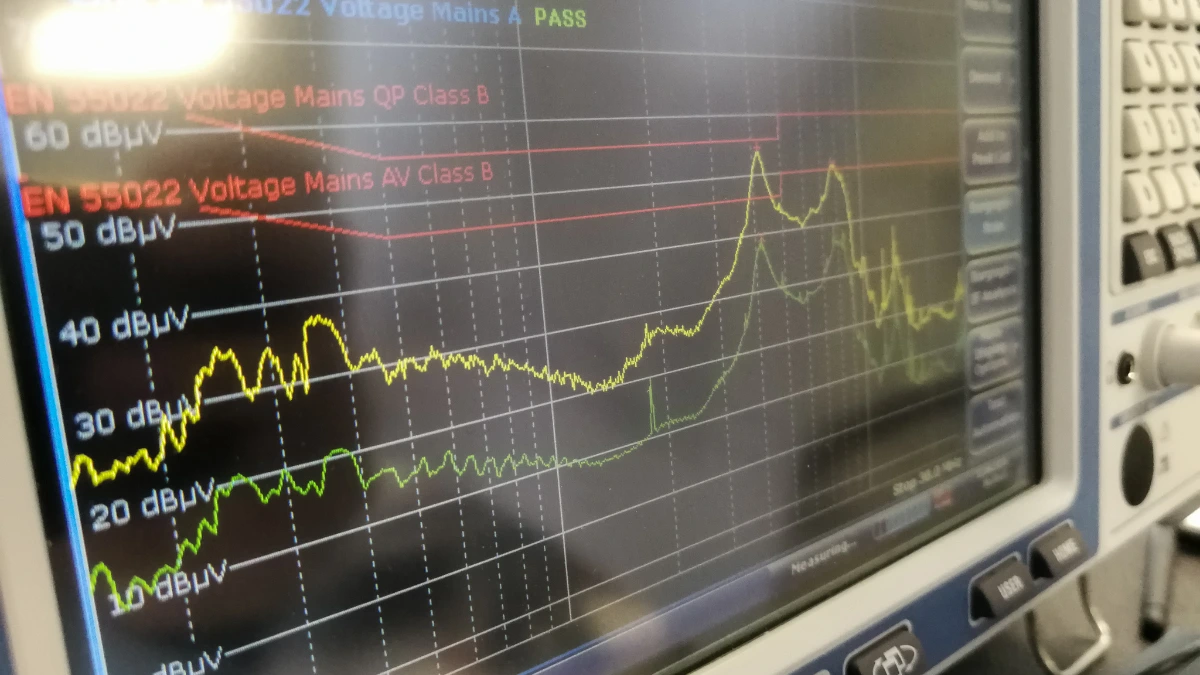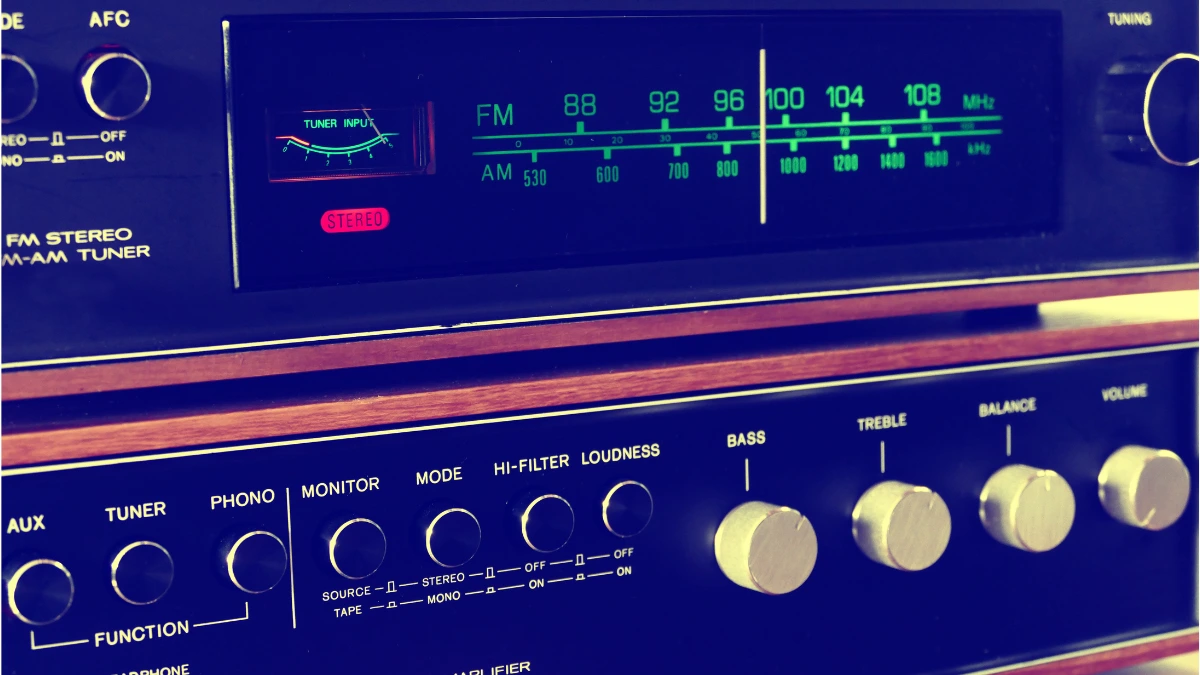To market Information and Communication Technology (ICT) products in Indonesia must go through the Directorate General of Digital Infrastructure (DJID) certification process. What is often asked about the process are the sample requirements for Indonesia DJID certification.
As an importer or manufacturer who wants to market their products, you must know about the sample requirements for Indonesia DJID certification.
Since the issuance of the Minister of Communication and Digital Regulation (PM KOMDIGI) No. 7 Year 2018 the entire DJID certification process has changed, now the sample requirements for Indonesia DJID certification depends on the testing Lab’s policy with each lab’s policy regarding sample requirements.
Sample Requirements for Indonesia DJID Certification

Currently, EMC testing for all technologies and electrical safety testing for products supplied by direct AC power are mandatory as sample requirements for Indonesia DJID certification.
For DJID certification through Dimulti Indonesia, 2 types of samples will be requested, which are one sample to conduct EMC and electrical safety testing, and one sample to conduct RF testing.
EMC and Electrical Safety Test

Laboratories in Indonesia have relatively the same requirements for EMC test samples, which are normal/commercial sample to be used sequentially.
For EMC standards used are CISPR 32 and EN. 301 489. But currently, KOMDIGI already has a plan to implement CISPR 35 for EMC tests in Indonesia. As for electrical safety, with tested parameters: overvoltage and leakage current, the standard is IEC 60950-1 or IEC 62368-1.
To conduct this EMC test, there are several laboratory options available. Here are some of the lab options:
- Agency for the Assessment and Application of Technology (BPPT) in Tangerang, Banten Province
- Laboratory of the Center for Materials and Technical Goods (B4T) in Bandung, West Java
- Laboratory of Electronics and Telematics, Industrial Research and Standardization Center (Baristand) in Surabaya, East Java
- HCT Indonesia in Jakarta
- And others.
RF Test

Sample requirements for RF tests are quite numerous and need to be considered carefully. The following is an example of sample requirements for Indonesia DJID certification for conducting RF tests at DJID Lab:
- Samples are not sent in the form of modules or PCB boards, but must be in the form of finished products. For example, if what you want to certify is a printer product, then the sample sent is not just a PCB Board or RF module used by the printer, but the sample must be sent in the form of a printer.
- In addition to point number one, PCB Board/module samples can be provided, as long as the final product or casing is also submitted. Providing the final product or casing is so that the Lab can still know the real shape of the final product, because the lab also needs to take photos of the final product sample.
- For WLAN 2.4 and 5 GHz, SRD 2.4 GHz, ZigBee, ant+, Bluetooth, RFID 920 – 923 MHz, Low Power above 600 MHz (including Low Power 2.4 GHz), VHF/UHF, other RF technologies that have multiple channels, samples must be presented in “conduction mode” with RF cables (SMA Male/female) attached to the device.
- WLAN 2.4 and 5 GHz, SRD 2.4 GHz, ZigBee, ant+, Bluetooth, RFID 920 – 923 MHz, Low Power above 600 MHz (including Low Power 2.4 GHz), VHF/UHF, and other RF technologies that have multiple channels, will be tested in conducted mode using spectrum analyzers and test software.
- The test software may be pre-installed in the sample, or the software needs to be run on a laptop.
- The purpose of using the test software is to control the radio frequency transmission. Since the test lab will only test the “up channel” and “low channel”, the software should be able to manage the transmission on only one channel continuously in a modulated waveform.
- A test SOP (in PDF or Word format) should also be included for software testing, which contains procedures on how to set up samples and how to run the test software.
- One normal sample or emitted sample is required for Low Power products (Tx. Power less than 10 mW).
- The sample should be labeled with the equipment name, model name, brand name, country of origin (made) and serial number.
The following are the laboratories commonly used by Dimulti Indonesia to test RF products:
- HCT Indonesia Lab
- Bureau Veritas Indonesia Lab
- and Sucofindo Lab.
Conclusion
The question of the sample requirements for Indonesia DJID certification depends on the testing Lab’s policy with each lab’s policy regarding sample requirements.
For EMC and Electrical Safety Test the samples required are normal (commercial product). For RF Test, especially product with radio frequency from 920 MHz and above typically testing Lab request conducted sample (sample with RF cable affixed to the RF module inside) with test software.
For product with radio frequency under 920 MHz typically testing Lab request normal or radiated sample. SAR test required radiated samples with test software. And for Laser Safety test, we need one host device (switch or router) with one pair compatible SFP transceiver.
Examples for sample requirements for Indonesia DJID certification are subject to change at any time in accordance with policies issued by DJID Lab.
To simplify the process of obtaining DJID certification for distributors, importers, or brand representatives who want to sell telecommunication equipment or radio frequency (RF) products in Indonesia, you can contact the type approval and certification expert, like IDMULTI Indonesia which can be a solution for you.

